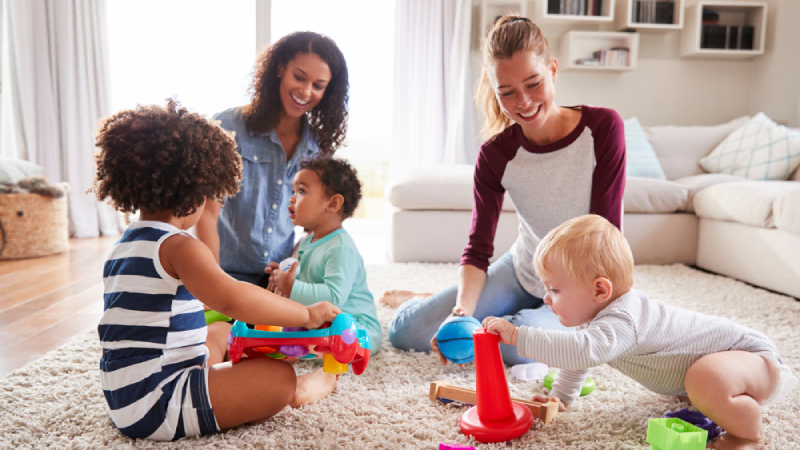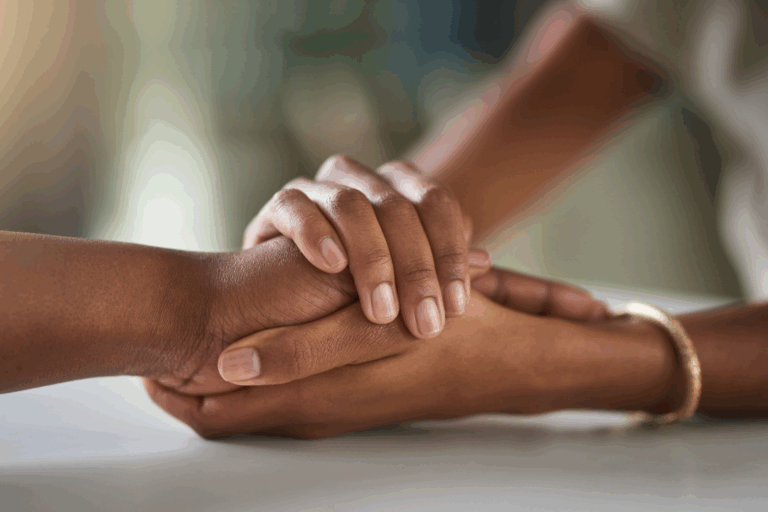Play date tips will give you the structure you need to make the most of social occasions with your little one and friends.
Human babies are wired to be social and as parents, we too can do with social interaction as we parent in what can be very isolated circumstances. Playdates are a way to not only socialise your little one but also to get some greatly appreciated adult time with your friends too.
Here are some tips on socialising your little one:
Who to play with?
Socialise your baby with someone who mom or dad gets on well with – someone from a mom and baby group, your antenatal class or your little one’s playgroup who you have a connection with. There will come a day when you find certain play dates are hard work and this is usually an indication that the ‘mix’ of personalities is not ideal. If your baby is sensitive and tends to hold back socially, he/she will do better with little girls as friends (they generally play in a more predictable fashion), older toddlers or quieter toddlers. If your little one is gregarious and a social butterfly, he/she will engage very happily, especially if accompanied by another social butterfly or settled baby.
What to play?
Unstructured play is so important as this is when your little one gets to try out her understanding of roles and be creative. Try not to schedule games and activities too much on a play date. It is, however, a good idea to have one activity on the back burner in case things don’t go too well. Prepare a game such as ‘hide and seek’ or baking, if you think your little one needs some ideas of what to play.
When to play?
Do not schedule a playdate in place of an afternoon nap. Day sleeps always take precedent. If your little one misses his/her day sleep, the interactions at the playdate are likely to be strained and the chance of a disagreement or tears is significantly higher.
How long to play?
As a rule of thumb, a playdate should be one hour per year of your child’s life – that’s how long your little one can interact before becoming overstimulated and likely to misbehave or end in tears. That is, a one-year-old can socialize for about an hour; a three-year-old – three hours.
Follow these simple tips and have fun!




